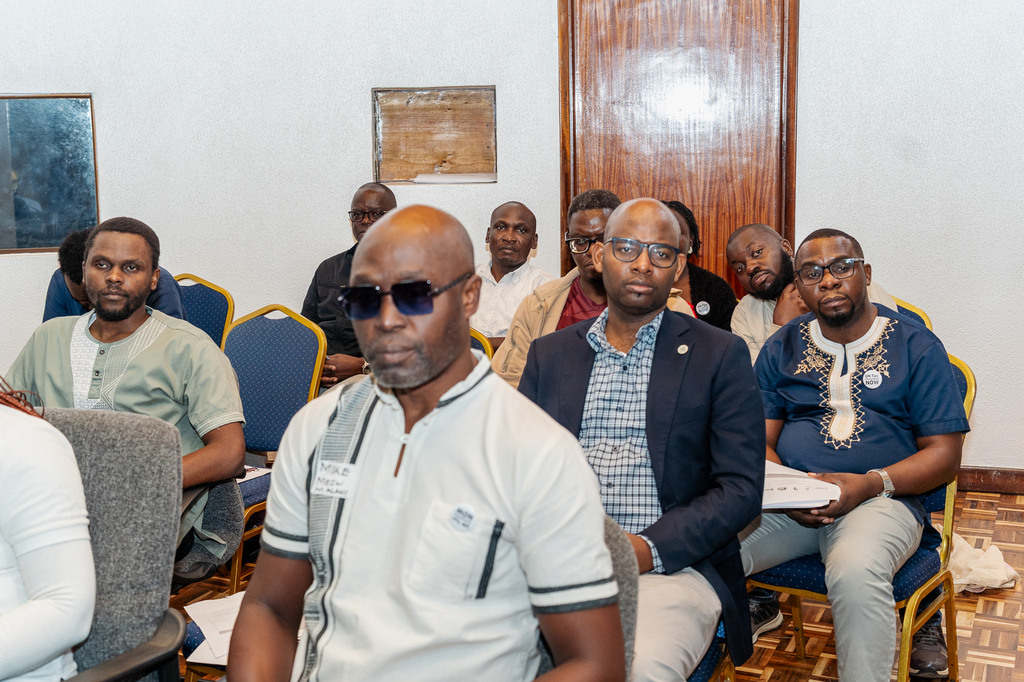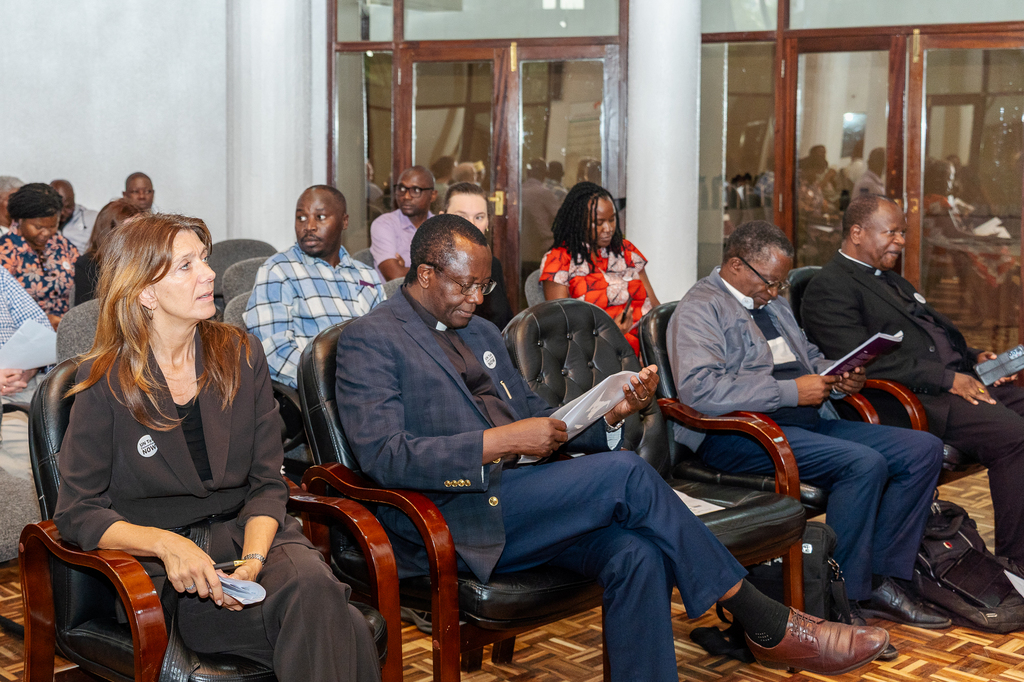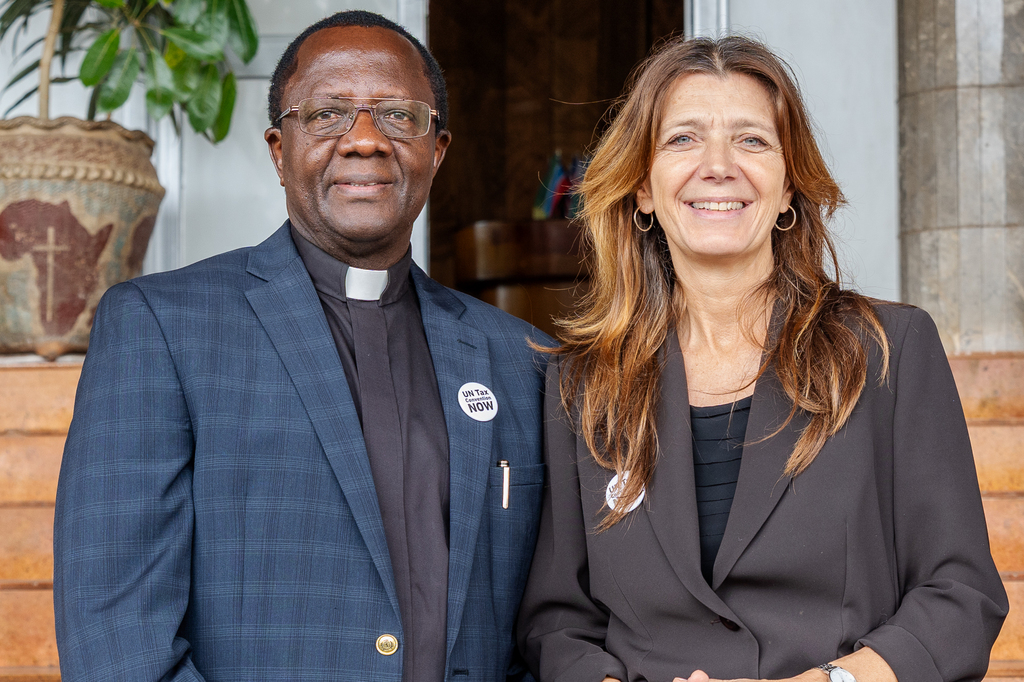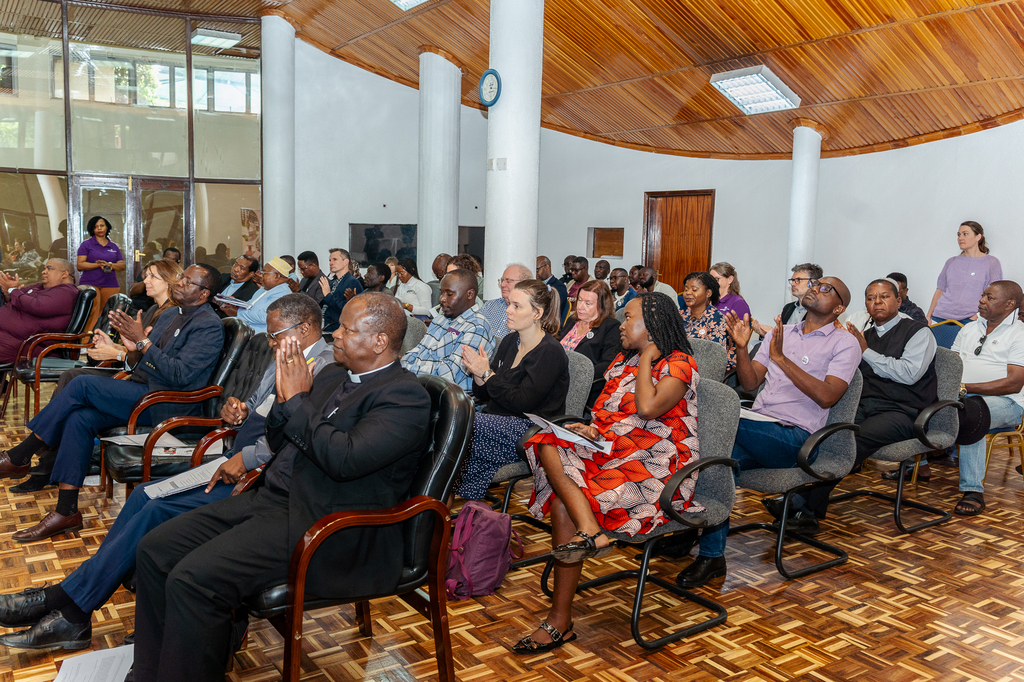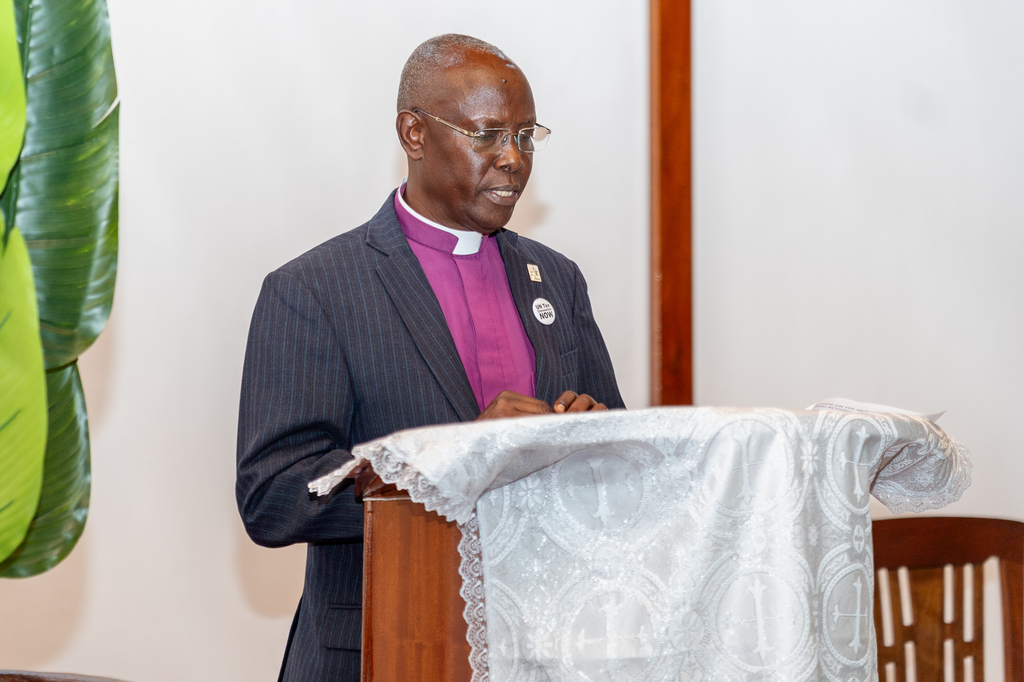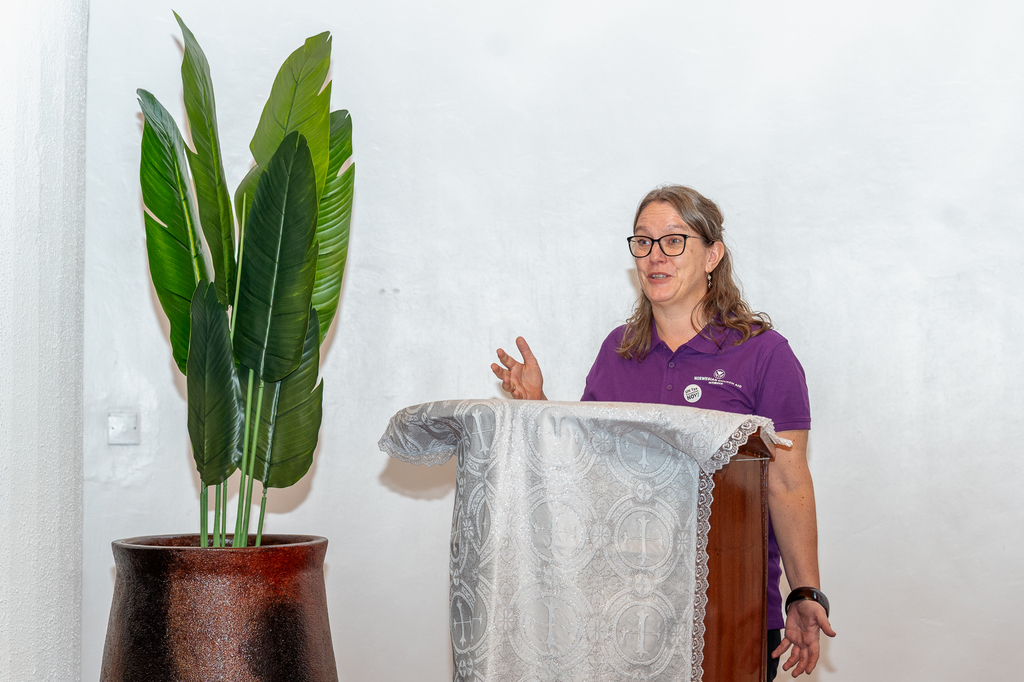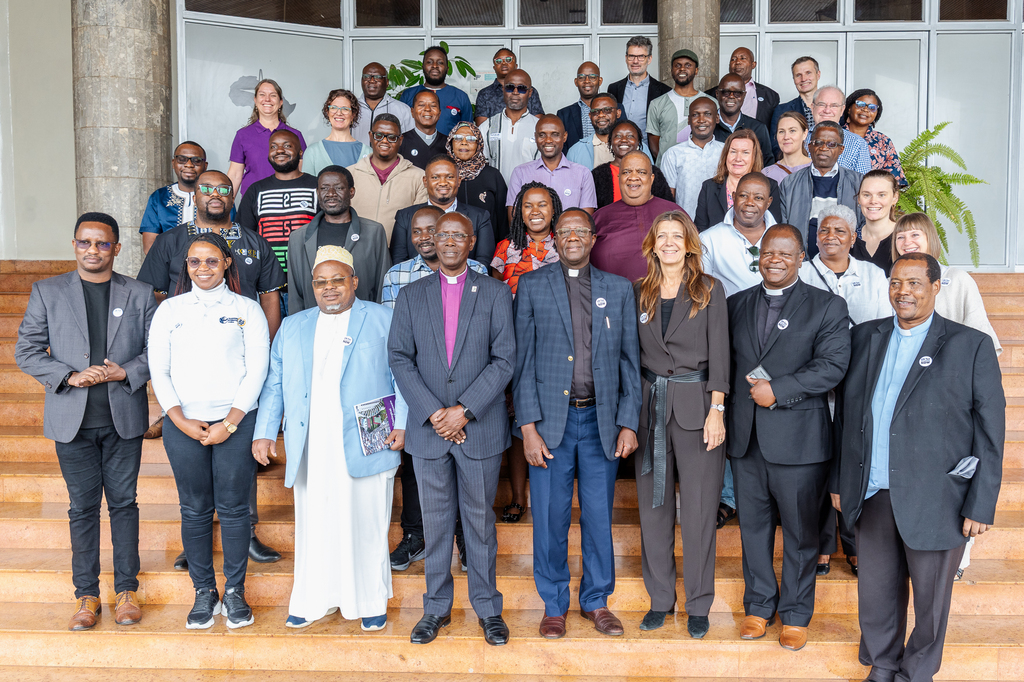
NOVEMBER 13, NAIROBI, KENYA - The third session of the Intergovernmental Negotiating Committee on the UN Framework Convention on International Tax Cooperation (UN Tax Convention) officially opened in Nairobi, Kenya on 10 November 2025.
The Jesuit Centre for Theological Reflection (JCTR), alongside its partners Civil Society for Poverty Reduction (CSPR), Norwegian Church Aid/DanChurchAid (NCA/DCA), and Transparency International Zambia (TIZ), is participating in the talks as part of ongoing global efforts to advocate for a fair, inclusive, and transparent international tax system.
The session marks a landmark step towards establishing a multilateral framework that could address the persistent inequalities embedded within global taxation. A UN Tax Convention would ensure that developing countries—often the most affected by illicit financial flows and aggressive tax avoidance—have a stronger voice in shaping global tax rules.
Ahead of the negotiations, IFT Zambia partners joined faith leaders from across Africa in an Interfaith Prayer and Action for Tax Justice. The event offered a reflective space to reaffirm the moral imperative of fairness, compassion, and accountability in global economic systems.
The eight-day programme provides an opportunity for Member States and other stakeholders to deliberate on the draft Convention and its associated protocols. The Committee’s work is divided into three Workstream Groups:
Discussions on Article 4, “Fair Allocation of Taxing Rights,” dominated the first day. The article proposes that jurisdictions where business activities occur—including where value is created, markets are located, and revenues are generated—should have the right to tax the resulting income.
Member States debated key principles such as fairness, taxpayer rights, and the relationship between the proposed Convention and existing double tax treaties. The article remains open for further negotiation, with discussions centred on:
Following these deliberations, discussions shifted to Article 5, which focuses on High-Net-Worth Individuals. Delegates examined information-sharing frameworks, reporting mechanisms, and capacity-building measures to improve transparency in taxing high-income earners.
As the programme continued, negotiations moved to Article 6 on Mutual Administrative Assistance. Delegates broadly agreed that domestic resource mobilisation depends on effective cooperation among States, particularly through the exchange of information (EOI). However, concerns were raised about countries’ differing capacities to implement these provisions and the safeguards needed to ensure data privacy and confidentiality.
On 11 November, attention turned to Article 7, which addresses Illicit Financial Flows (IFFs), Tax Avoidance, and Tax Evasion. Delegates emphasised the need for clearer definitions and coordination with existing frameworks such as FATCA and CRS. While consensus has not yet been reached, the discussions underscored the shared determination to tackle cross-border tax abuse and ensure fair revenue mobilisation for sustainable development.
The following sessions focused on Article 8, Harmful Tax Practices, which recognises that profit-shifting and race-to-the-bottom tax incentives undermine fair taxation globally. Delegates debated whether the Convention should introduce minimum tax standards or rely on existing OECD mechanisms. Many developing countries advocated for broader, more inclusive definitions that capture practices disadvantaging resource-constrained economies.
The day concluded with brief discussions on Article 9 (Sustainable Development) and Article 10 (Cross-Border Dispute Resolution), both expected to shape the Convention’s long-term architecture and alignment with global development commitments.
As the negotiations proceed, JCTR and its partners continue to emphasise the moral and social justice dimensions of international taxation. A fair and inclusive tax framework is essential for enabling governments—especially in the Global South—to mobilise domestic resources, reduce inequality, and finance critical public services such as health, education, and climate action.
Further updates will be provided as the Nairobi negotiations progress.
Sources:
United Nations | IBFD | JCTR Delegation Updates
Images:
